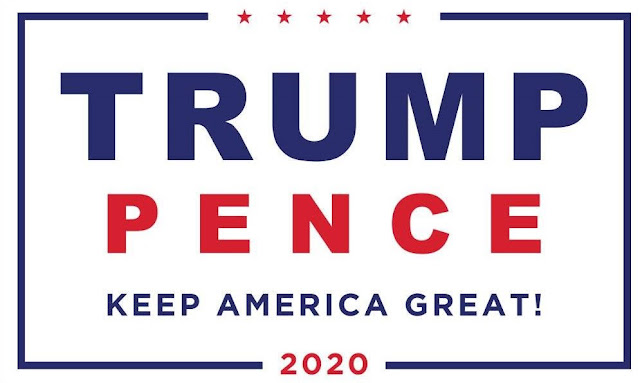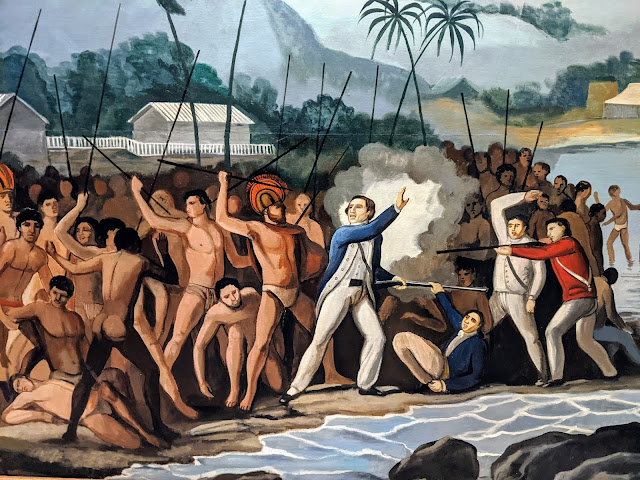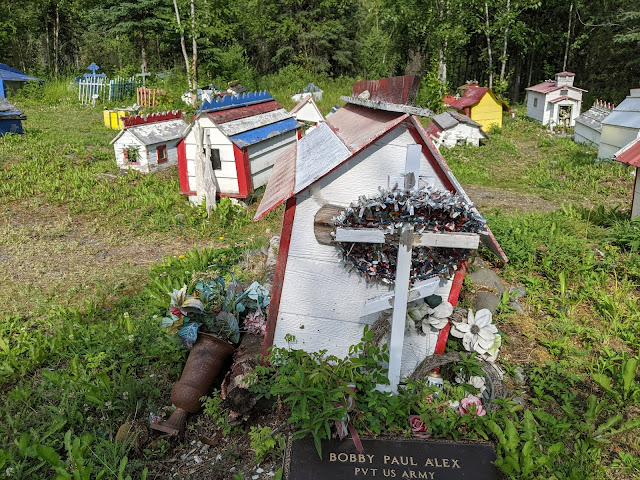A study published in 2010 found that parents in the U.S. are about twice as likely to be in a contentious relationship with their adult children as parents in Israel, Germany, England and SpainDavid Brooks leans in to a perception that seemed new to me in yesterday's NY Times, the sense that the American family is falling apart. He's not the only one to say it, I suppose, but as someone whose tussles with parents are somewhere behind me--and someone who doesn't presently feel all that much animosity from our children--the claim that the divide between parents and children in this country is somehow catastrophic is not only new but somehow shocking.
Times change, he says, and so do definitions. What is considered abuse today was relatively commonplace in earlier eras--like corporal punishment in school. Such shifts stem from a new sense of family: once upon a time, he says, it was a tightly organized society of mutual obligation; families thrive on obligations, what we owe each other and need to give up to get along. Today, obligations are simply assumed to be restraints on personal freedom; families are "launching pads" for your and my identity quests. People don't ask themselves what they can do for their family, but what can their families should do for them.
I think the world of David Brooks' ideas and opinions, but I wasn't convinced of the depth of darkness he sees in American families. And then he unloaded with some horrors:
Terrible trends are everywhere. Major depression rates among youths aged 12 to 17 rose by almost 63 percent between 2013 and 2016. American suicide rates increased by 33 percent between 1999 and 2019. The percentage of Americans who say they have no close friends has quadrupled since 1990, according to the Survey Center on American Life. Fifty-four percent of Americans report sometimes or always feeling that no one knows them well, according to a 2018 Ipsos survey.You can't file through all of that and not feel some pain and heartache. It seems he's not wrong: for reasons he tries to uncover, we're suffering a level of alienation from each other that is clearly verifiable.
Then he comes outs himself in a way one doesn't find in a year of op-ed pieces: "I confess, I don't understand what's causing this." To admit what he does is humbling and helpful.
Q-Anon brings people together with a mantra, it outfits them with a uniform, gives them a common language, creates a common enemy, and blesses its adherents with an eschaton that feels unquestionably holy.
But Brooks isn't exploring the intimacies of Q-Anon or blaming Donald Trump, he's only documenting a phenomenon he's outlined--the alienation that plagues us, even though--and maybe because--we are the richest nation in the world.
Finally, in one deft line, he "maybes," toys with a possible religious answer to our aloneness by quoting Richard Rohr: " if we do not transform our pain, we will most assuredly transmit it."
David Brooks is always worth reading.

































